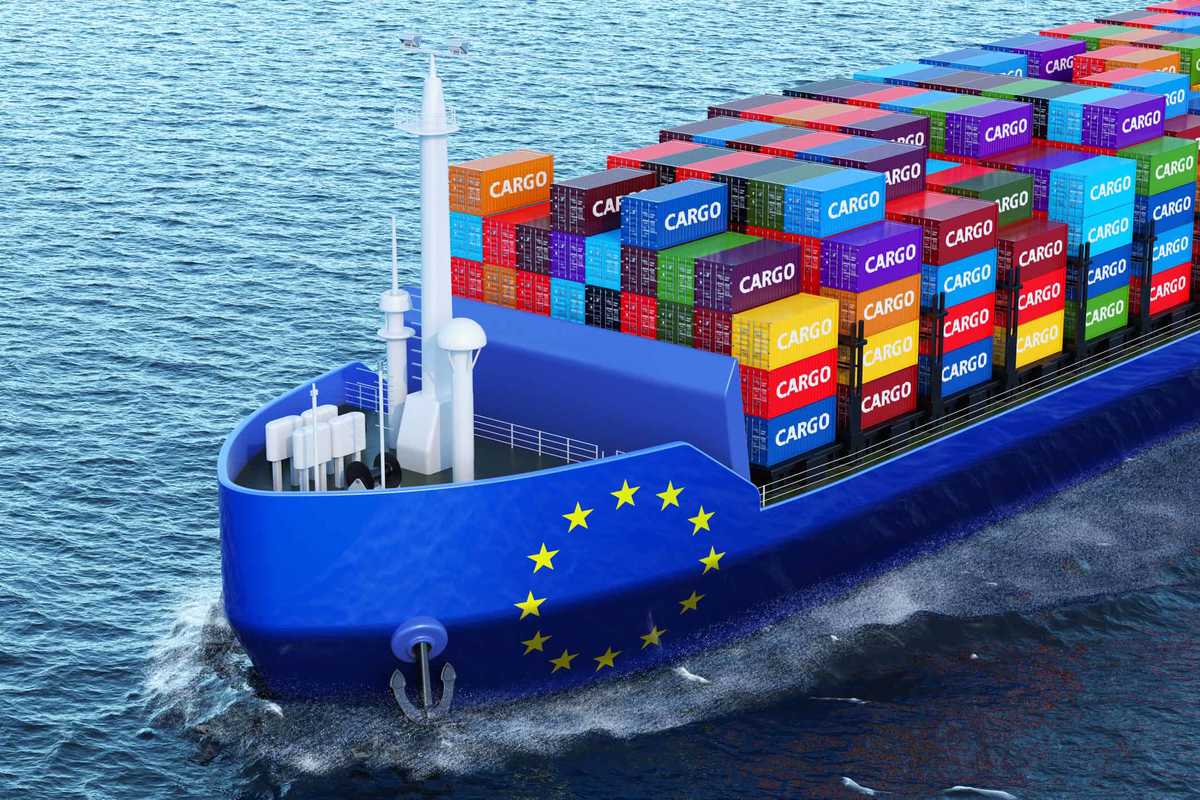The Week in Alt Fuels: Bracing for tighter regs
The maritime sector is investing more in biofuels, LNG and carbon-capture technologies with only 250 days left until the FuelEU Maritime regulation kicks in.
 PHOTO: Getty Images
PHOTO: Getty Images
The EU’s upcoming FuelEU Maritime regulation will be applicable to ships calling at all EU ports. Many companies are exploring biofuels, liquefied natural gas (LNG) and carbon capture technologies that can reduce onboard emissions to meet FuelEU Maritime's initial greenhouse gas (GHG) intensity reduction target.
Marine fuel supplier Peninsula has deployed an IMO type 2 chemical tanker in Barcelona so that it can supply up to 100% biofuel (B100). IMO type 2 chemical tankers are designed to transport moderately hazardous chemicals according to IMO standards.
Peninsula has also started delivering biofuel blends in the Belgian Port of Zeebrugge. It bunkered a vehicle carrier owned by Nippon Yusen Kaisha (NYK Line) with a 1,200 mt B30 blend, composed of 30% biofuel derived from used cooking oil methyl ester (UCOME) and 70% conventional marine fuel.
Spanish LNG supplier Molgas entered the Italian LNG bunkering market by bunkering shipping company Caronte & Tourist’s vessel with fossil LNG in the Port of Trapani, Italy.
French gas supplier TotalEnergies plans to supply LNG for bunkering in Oman. It will build an LNG liquefaction plant in Oman’s Sohar to liquefy up to 1 million mt/year of natural gas. The LNG produced here will primarily be supplied as a bunker fuel, with production scheduled to begin in the first quarter of 2028, TotalEnergies said.
Japanese shipping company Mitsui O.S.K. Lines (MOL) will install an onboard carbon capture system on one of its tankers. The system is developed by Dutch maritime tech firm Value Maritime. It includes a scrubber function that eliminates 99% of sulfur oxides (SOx) and particulate matter (PM) from exhaust gases, along with a carbon capture and storage function that is expected to retrieves up to 10% of CO2 from the ship's emissions, Value Maritime explained.
EU-based shipping and port organisations have stressed that policy support and public sector funding is needed to help the maritime sector meet its emission reduction targets.
The European Sea Ports Organisation (ESPO) estimates that European ports need at least €19.2 billion ($20.52 billion) in funding over the next decade to develop alternative energy infrastructure for ships and ports. It called on future Members of the European Parliament (MEPs) to incentivise investments through regulations like the Alternative Fuel Infrastructure Regulation. It also called for tax exemptions for shore power.
The World Shipping Council (WSC) and Danish Shipping urged MEPs to prioritise scaling up production of marine fuels with zero-emission potential. MEPs are up for re-election in June.
By Konica Bhatt
Please get in touch with comments or additional info to news@engine.online






